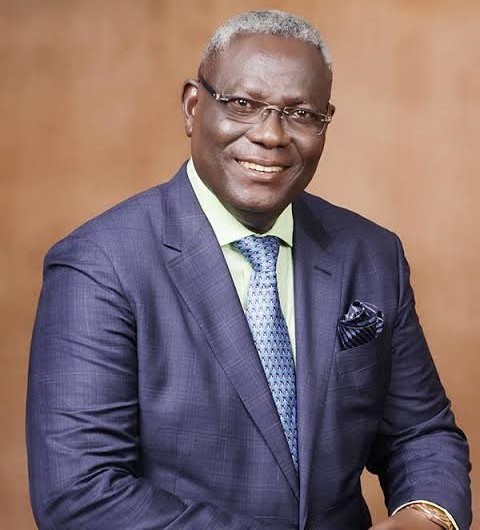In today’s world, the definition of leadership has evolved far beyond titles, offices, and corner desks. True leadership is no longer about commanding respect through authority; it’s about earning it through influence. It’s not about how many people work for you — it’s about how many people are inspired by you.
1. Leadership Begins with Vision
Every great leader starts with a clear vision — not just of where they want to go, but of what they want to change. Vision is the compass that guides both the leader and the team. When people see where you’re going and believe in your “why,” they naturally want to follow.
A vision without clarity confuses people, but a vision communicated with passion unites them.
2. Influence Through Integrity
Integrity is the currency of leadership. When leaders do what they say and say what they mean, they build trust — and trust is the foundation of influence. A leader’s character often speaks louder than their voice. Even in silence, people watch how you handle pressure, how you treat others, and how you react when no one is watching.
Leadership without integrity may rise fast, but it never lasts.
3. Empathy: The Secret Power
Great leaders listen more than they speak. They seek to understand before being understood. Empathy transforms management into mentorship — it creates a culture where people feel seen, valued, and heard.
In times of crisis, empathy is what steadies the team. In times of success, it’s what reminds the leader to celebrate others first.
4. Adaptability Over Control
Change is the only constant, and the best leaders are not those who control everything but those who adapt to anything. They don’t cling to old ways simply because they worked once; they embrace innovation and empower others to lead from where they are.
A rigid leader survives for a season. A flexible one shapes the future.
5. Leadership is Service
The most powerful form of leadership is service. It’s not about being in charge — it’s about taking care of those in your charge. Servant leaders inspire loyalty and growth because they prioritize people over power.
As John C. Maxwell said, “People don’t care how much you know until they know how much you care.”
Final Thoughts
Leadership is not a destination but a daily decision. It’s about consistency, compassion, and courage — the courage to do what’s right even when it’s not popular.
If you can lead with vision, integrity, empathy, adaptability, and service, you won’t just lead teams — you’ll transform them.


0 Comments